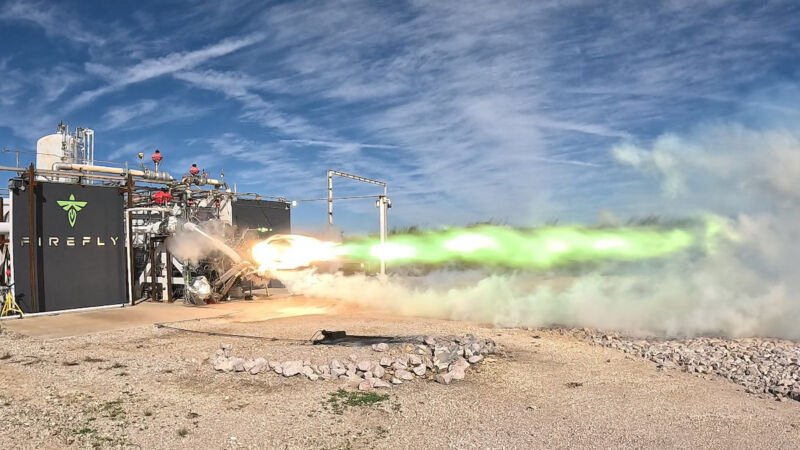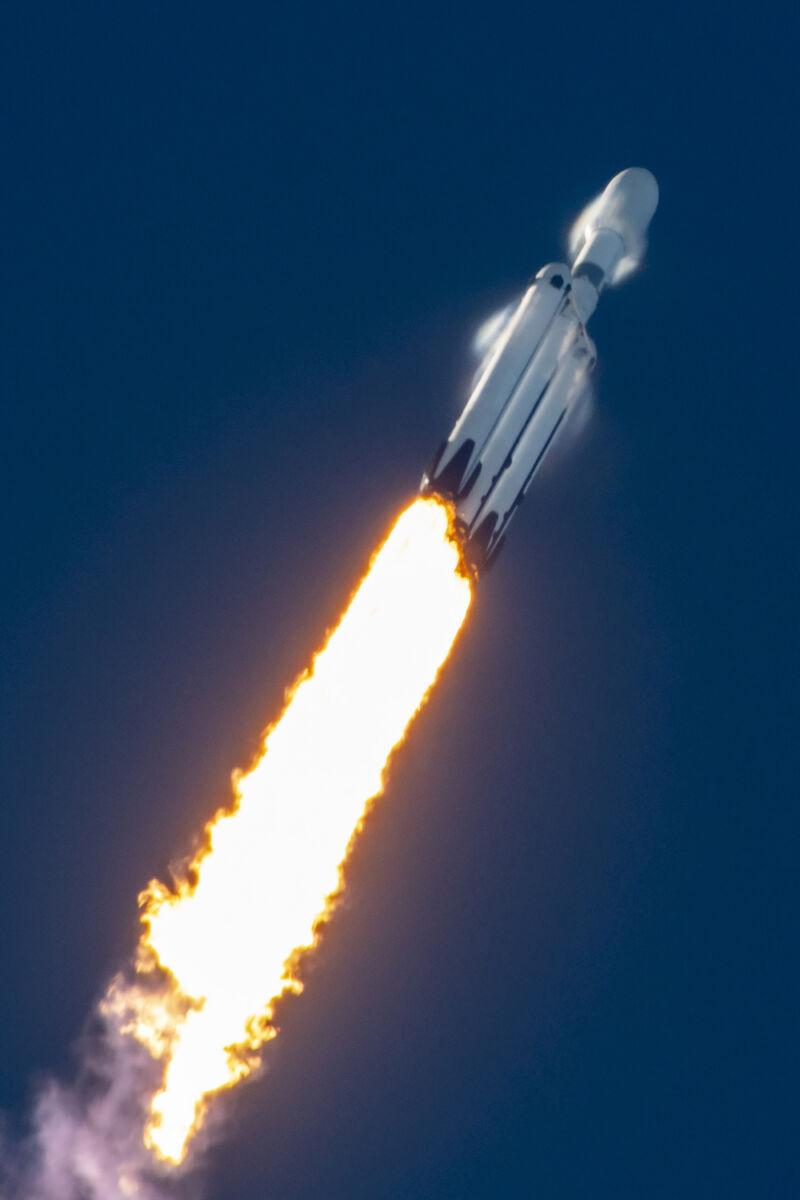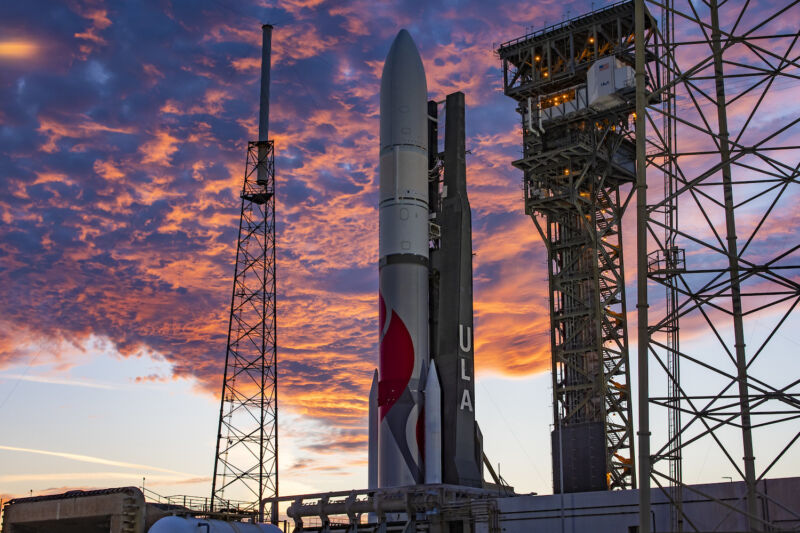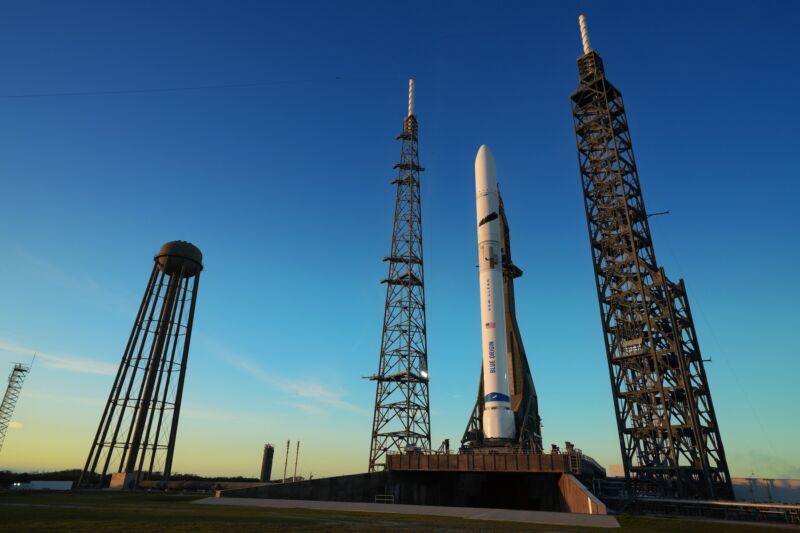NASA selects SpaceX to launch a gamma-ray telescope into an unusual orbit
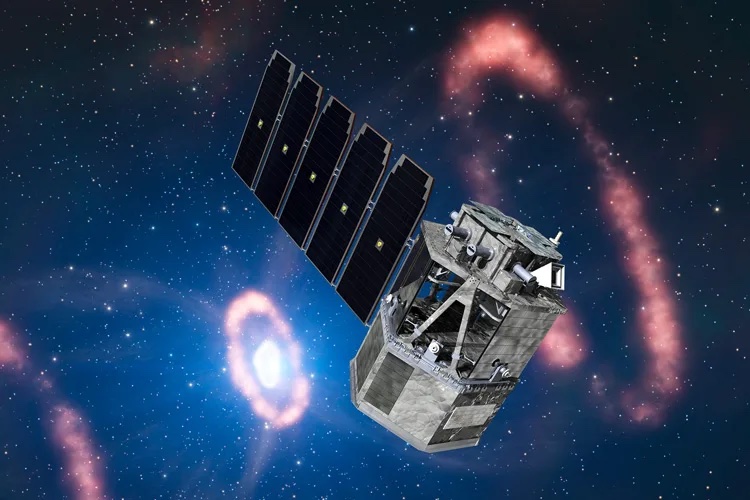
Enlarge / Artist's illustration of the COSI spacecraft. (credit: Northrop Grumman/European Southern Observatory (background image))
A small research satellite designed to study the violent processes behind the creation and destruction of chemical elements will launch on a SpaceX Falcon 9 rocket in 2027, NASA announced Tuesday.
The Compton Spectrometer and Imager (COSI) mission features a gamma-ray telescope that will scan the sky to study gamma-rays emitted by the explosions of massive stars and the end of their lives. These supernova explosions generate reactions that fuse new atomic nuclei, a process called nucleosynthesis, of heavier elements.
Using data from COSI, scientists will map where these elements are forming in the Milky Way galaxy. COSI's observations will also yield new insights into the annihilation of positrons, the antimatter equivalent of electrons, which appear to be originating from the center of the galaxy. Another goal for COSI will be to rapidly report the location of short gamma-ray bursts, unimaginably violent explosions that flash and then fade in just a couple of seconds. These bursts are likely caused by merging neutron stars.
